White Brits ‘twice as likely to hold extreme views’ as British Pakistanis, survey finds
New research also shows higher proportion of Muslims than Christians condemn extremist statements
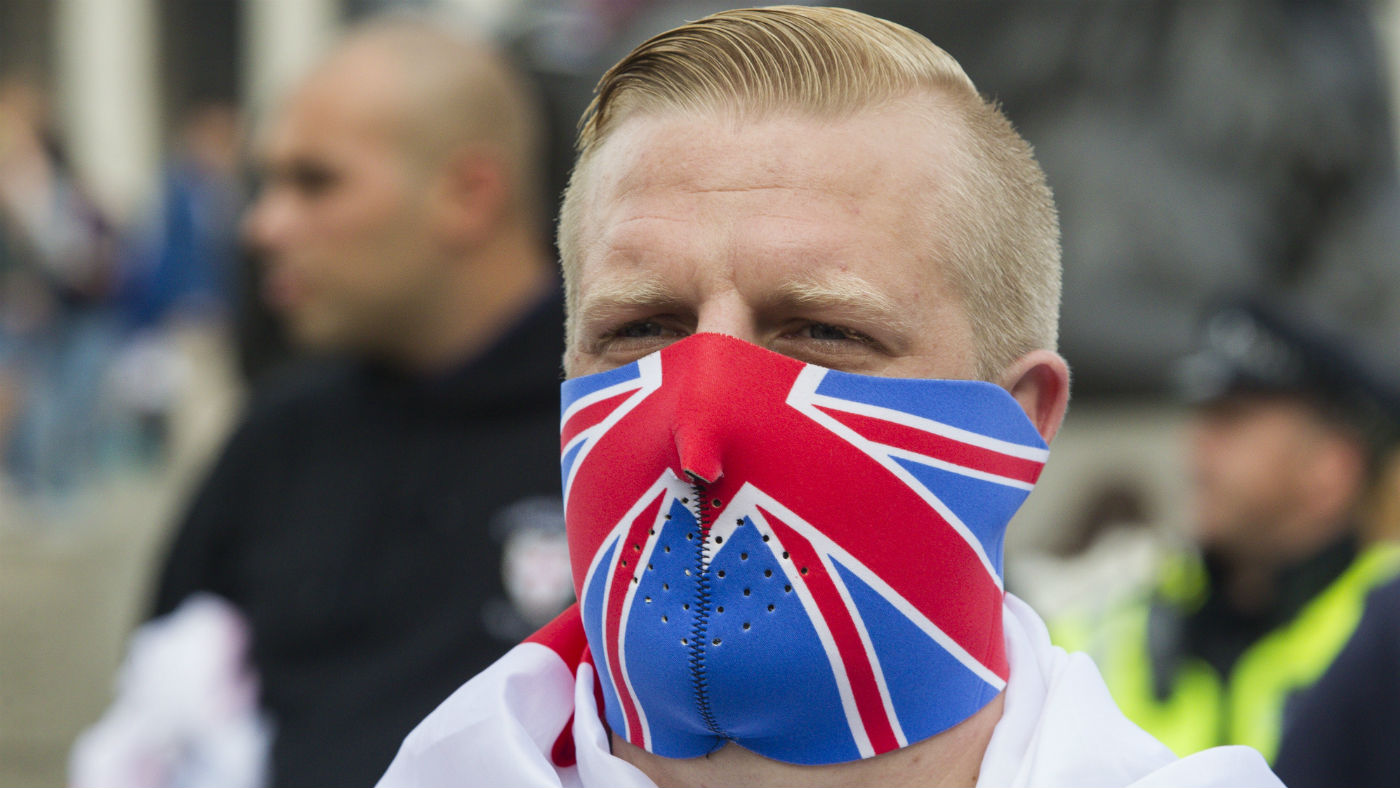
A free daily email with the biggest news stories of the day – and the best features from TheWeek.com
You are now subscribed
Your newsletter sign-up was successful
White people in the UK are almost twice as likely to hold extremist views as British people of Pakistani descent, a new study suggests.
Researchers analysed the results of a survey in which 618 men and women were asked whether they condoned actions including suicide bombings and terror attacks as a “form of political protest” or way to “fight injustices”. A total of 15% of the white respondents expressed sympathy for such extreme action, compared with 8% of those with Pakistani heritage.
When classed by religion, 18% of Christians and 8% of Muslims expressed at least some sympathy for hypothetical acts of terrorism, while 59% of Christians and 68% of Muslims condemned them, The Independent reports.
The Week
Escape your echo chamber. Get the facts behind the news, plus analysis from multiple perspectives.

Sign up for The Week's Free Newsletters
From our morning news briefing to a weekly Good News Newsletter, get the best of The Week delivered directly to your inbox.
From our morning news briefing to a weekly Good News Newsletter, get the best of The Week delivered directly to your inbox.
All of the respondents live in the English towns of Blackburn, Darwen, Bradford and Luton, and both the white and Pakistani-origin groups included some people who were born in Britain and some who were migrants, according to a newly published paper on the study in the British Journal of Psychiatry.
The researchers found that native-born Brits were more than twice as likely to condone terrorism in some circumstances as those born abroad.
“British counterterrorism policy has had an undue focus on Islamic fundamentalism, with white British extremism normally considered as a lesser option,” said lead researcher Professor Kam Bhui, from Queen Mary University of London.
But “this research suggests that a focus on tackling Islamic fundamentalism is flawed and we need to consider extremism more generally”, he continued.
A free daily email with the biggest news stories of the day – and the best features from TheWeek.com
The findings should “remind us that our instinctive tendency to view outsiders as potentially dangerous can blind us to home-grown threats”, agrees Tom Jacobs in an article for US-based progressive magazine Pacific Standard.
Dr Clive Gabay, a senior lecturer in international politics at Queen Mary, added: “These findings dovetail with other research that suggests that large numbers of those who voted in favour of leaving the European Union were rural and suburban middle-class voters with racist and prejudicial attitudes towards migrants driven by socio-economic anxieties.”
The new study “also found people who were depressed, single or younger were more likely to hold extremist views than those who are happy, married or older”, says the i news site.
Bhui said the higher incidence of extremist sympathies among those suffering depression, anxiety and PTSD “shows us how important it is to support people with mental health issues, who may be less able to manage radicalising messages, and could end up adopting extremist sympathies”.
Researchers have “called for the new study to be used by authorities working to stop radicalisation before it progresses to terrorism, amid a review of the Government’s Prevent strategy”, says The Independent.
Official statistics published last week showed that 43% of suspected terrorists arrested are white, compared with 32% who are Asian.
A Home Office spokesperson said: “Through the Government’s counter-extremism strategy, we are taking a comprehensive approach to tackling all forms of extremism. We have been clear that we will not tolerate any group or individual that spreads hate by demonising those of other faiths or ethnicities, or stokes fears within our communities.”
-
 How the FCC’s ‘equal time’ rule works
How the FCC’s ‘equal time’ rule worksIn the Spotlight The law is at the heart of the Colbert-CBS conflict
-
 What is the endgame in the DHS shutdown?
What is the endgame in the DHS shutdown?Today’s Big Question Democrats want to rein in ICE’s immigration crackdown
-
 ‘Poor time management isn’t just an inconvenience’
‘Poor time management isn’t just an inconvenience’Instant Opinion Opinion, comment and editorials of the day
-
 How the ‘British FBI’ will work
How the ‘British FBI’ will workThe Explainer New National Police Service to focus on fighting terrorism, fraud and organised crime, freeing up local forces to tackle everyday offences
-
 How the Bondi massacre unfolded
How the Bondi massacre unfoldedIn Depth Deadly terrorist attack during Hanukkah celebration in Sydney prompts review of Australia’s gun control laws and reckoning over global rise in antisemitism
-
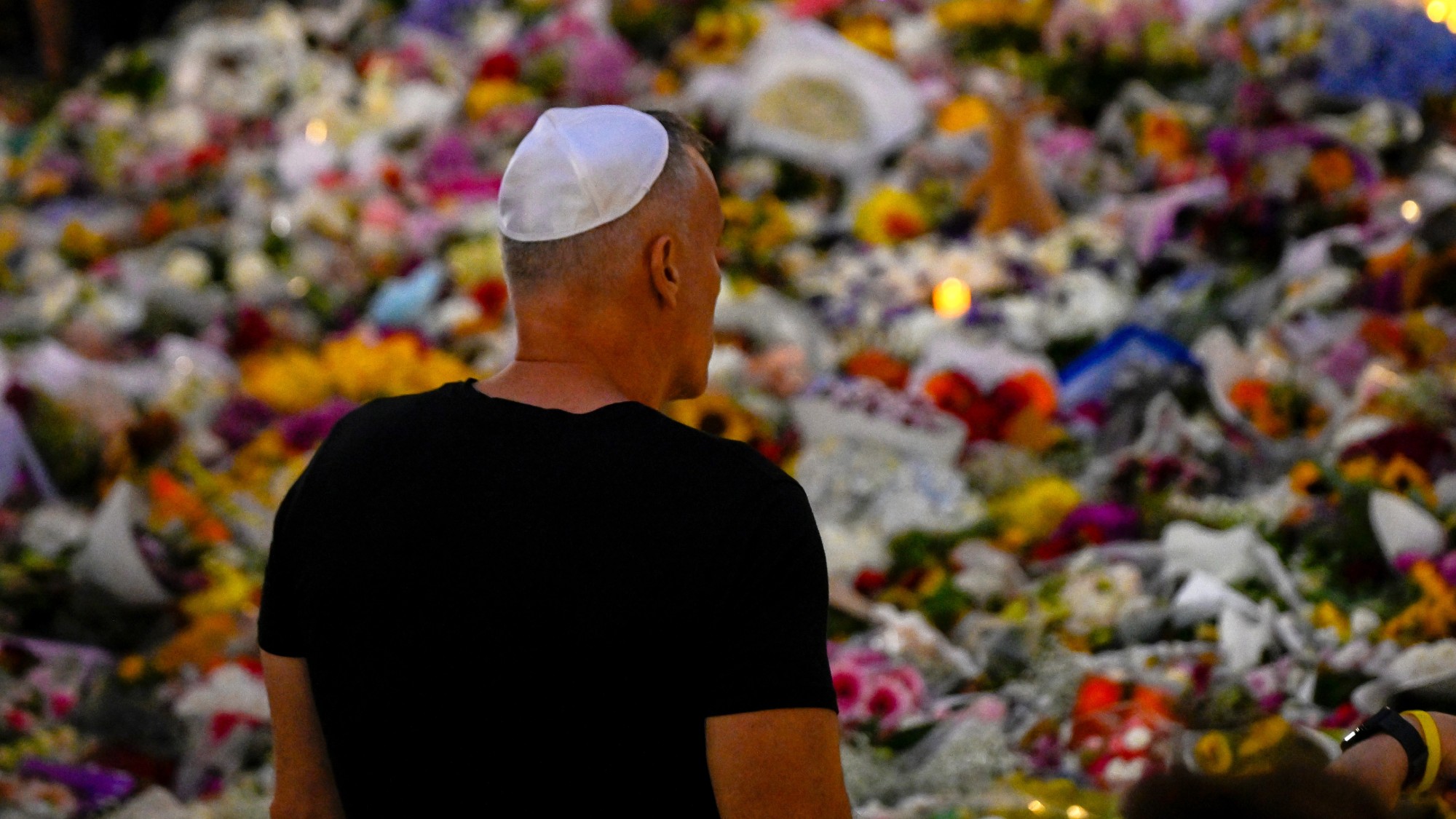 Who is fuelling the flames of antisemitism in Australia?
Who is fuelling the flames of antisemitism in Australia?Today’s Big Question Deadly Bondi Beach attack the result of ‘permissive environment’ where warning signs were ‘too often left unchecked’
-
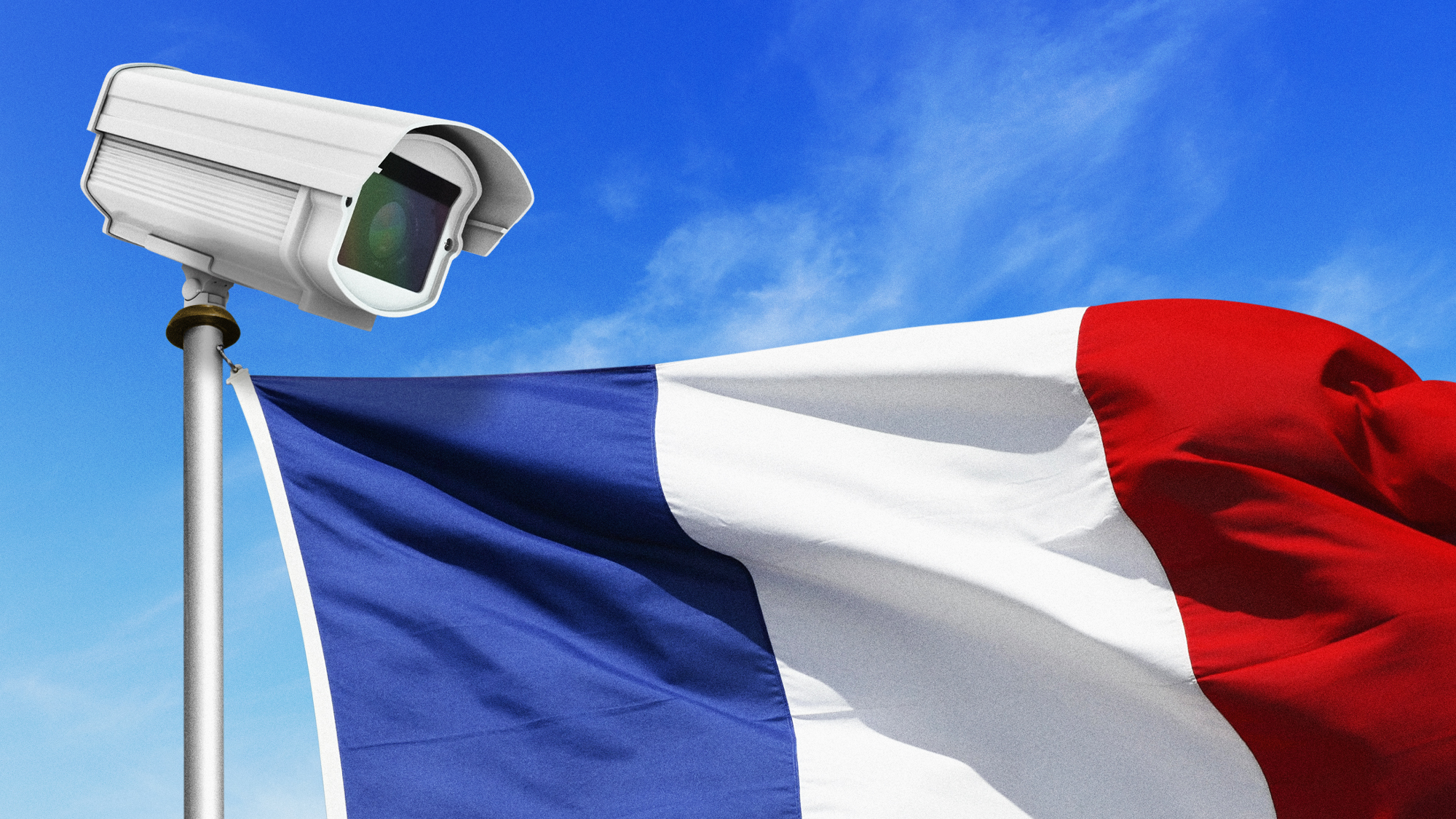 Ten years after Bataclan: how has France changed?
Ten years after Bataclan: how has France changed?Today's Big Question ‘Act of war’ by Islamist terrorists was a ‘shockingly direct challenge’ to Western morality
-
 Arsonist who attacked Shapiro gets 25-50 years
Arsonist who attacked Shapiro gets 25-50 yearsSpeed Read Cody Balmer broke into the Pennsylvania governor’s mansion and tried to burn it down
-
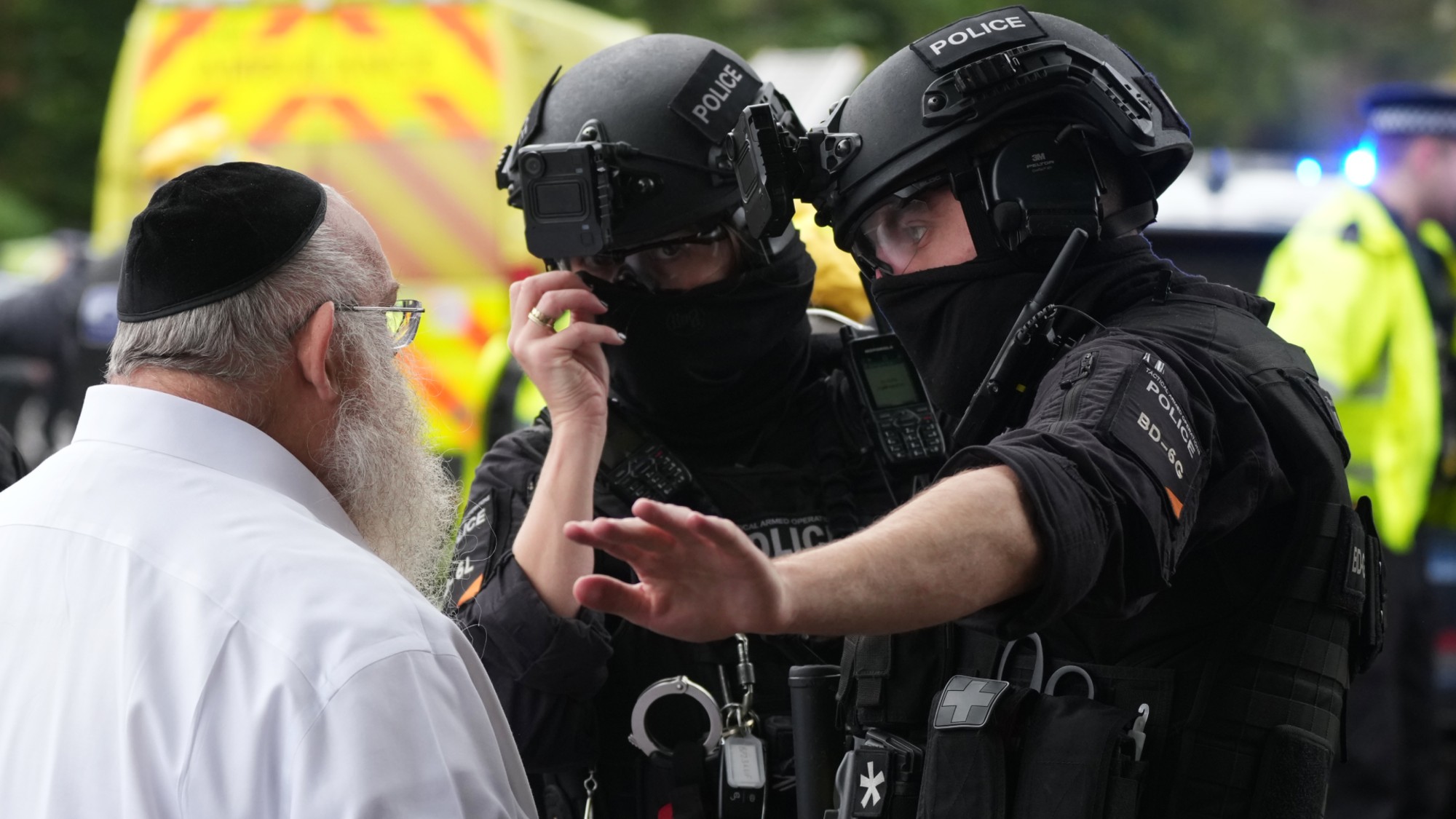 Manchester synagogue attack: what do we know?
Manchester synagogue attack: what do we know?Today’s Big Question Two dead after car and stabbing attack on holiest day in Jewish year
-
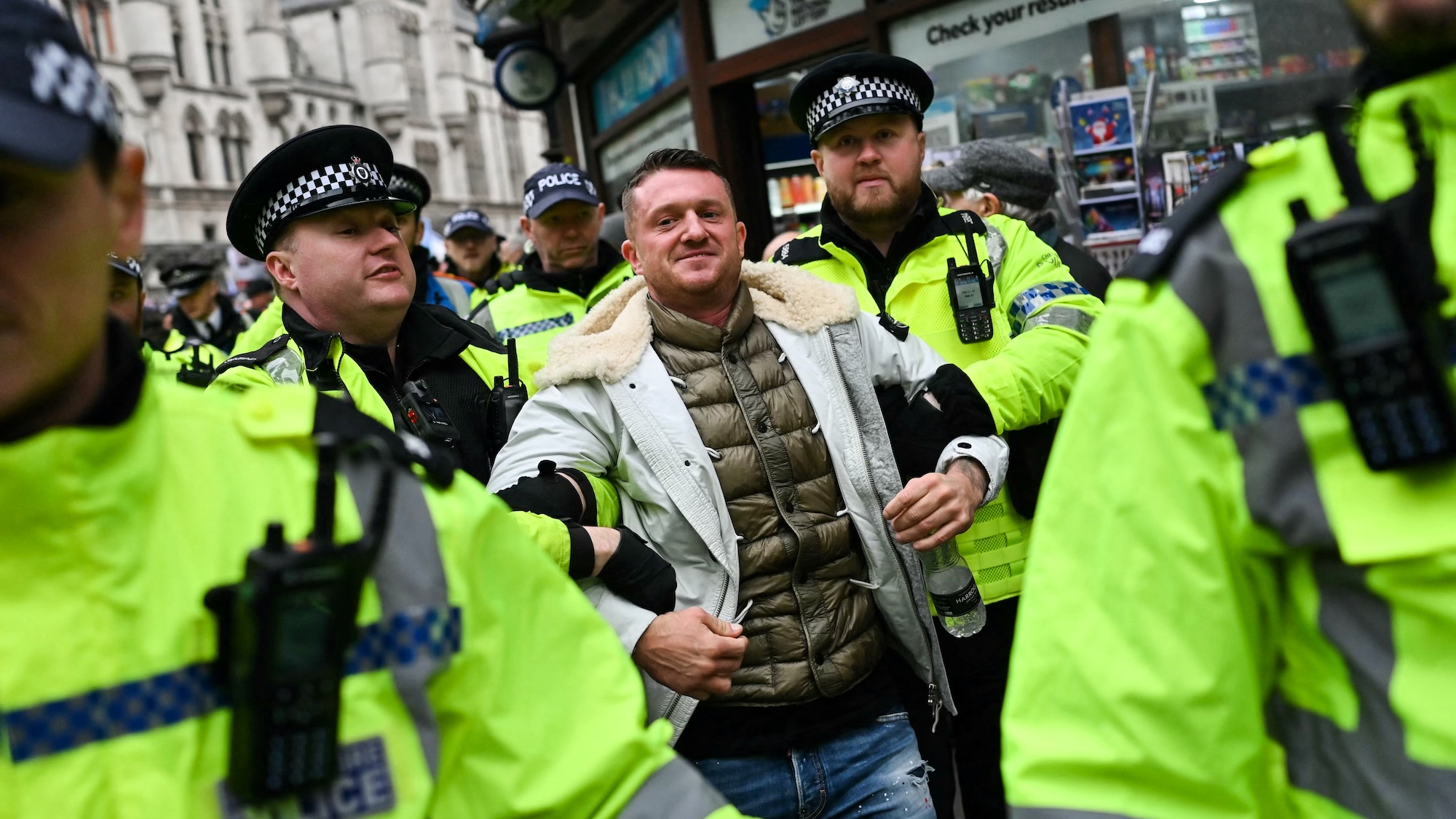 Tommy Robinson: a timeline of legal troubles
Tommy Robinson: a timeline of legal troublesThe Explainer Far-right leader has relied on donations from supporters to fight numerous court cases dating back 20 years
-
 The Miami Showband massacre, 50 years on
The Miami Showband massacre, 50 years onThe Explainer Unanswered questions remain over Troubles terror attack that killed three members of one of Ireland's most popular music acts